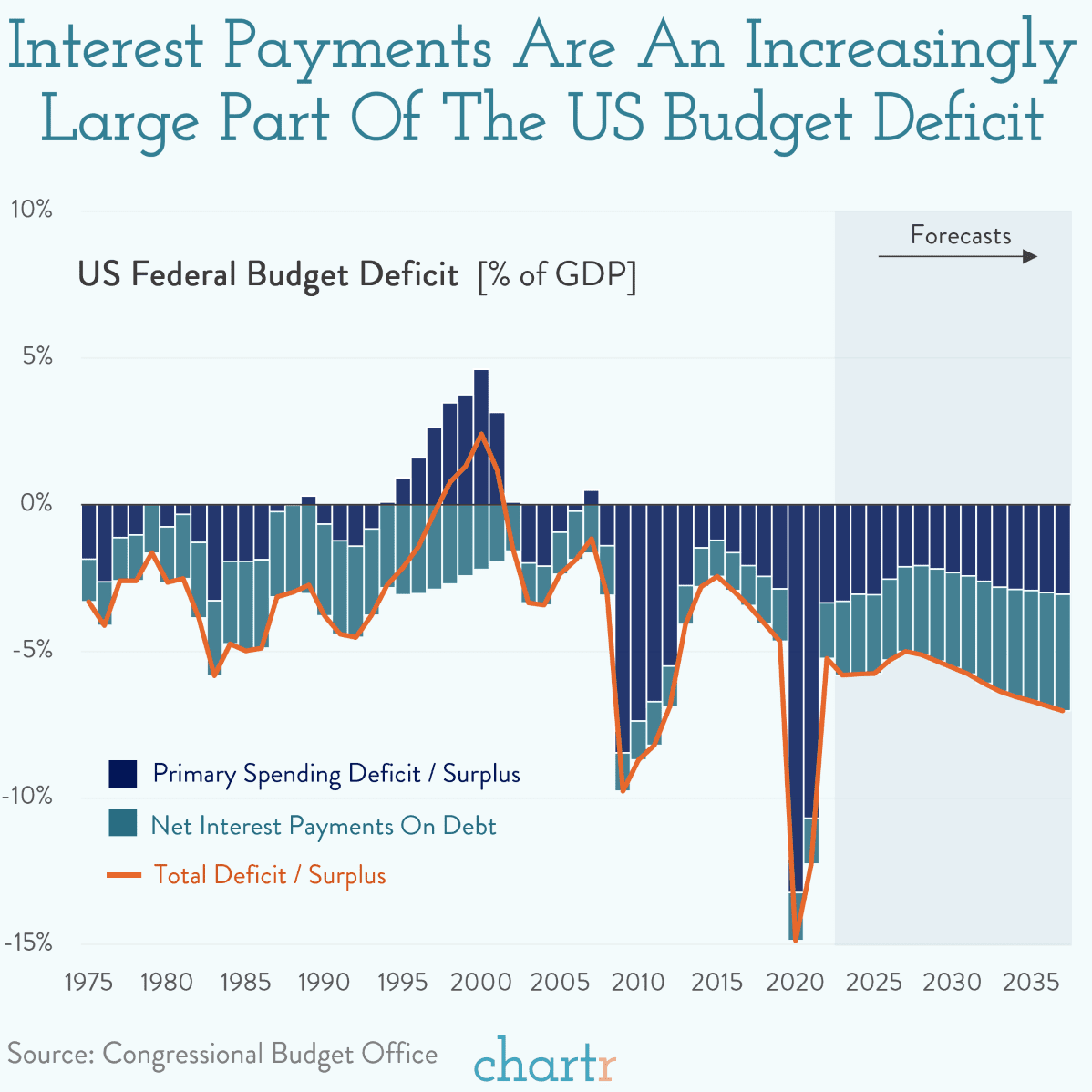[ad_1]

by Sergey Solonenko, founder of Algocentric Digital Consultancy
Getting a software business off the ground can be tricky, especially in 2023. Many companies have transferred their operations online, so the competition has never been stiffer. That being said, if you wish to make an impact, your best bet is to invest in various digital marketing strategies.
Among all these different promotional activities, SaaS PPC stands out as the fastest way to generate leads. Unlike search engine optimization and social media marketing, paid advertising can yield results overnight. This is especially important for your software entrepreneurs who are fresh off of college and don’t have the necessary business connections.
How Does SaaS PPC Work?
As the name indicates, SaaS PPC is a process of using Google Ads, Facebook Ads, and other channels to promote your software brand. The term PPC stands for Pay-Per-Click, where an entrepreneur pays money each time someone clicks on their link.
SaaS PPC Benefits.
Faster than other digital marketing methods
Doesn’t require that much time to set up
Simpler than search engine optimization
The best thing about SaaS PPC is that it always provides some results for your business. Unlike SEO or SMM, where you invest lots of money for months and months without getting a single lead, paid ads can land you first clients within a week. In that sense, it is one of the fairest marketing processes.
SaaS PPC Drawbacks.
Still requires some website optimization
Usually, it doesn’t cause a snowballing effect
Some keywords can be extremely expensive
The issue with PPC marketing is that the best keywords are usually very expensive. Savvy experts know which phrases to target, which is why these keywords usually have high cost-per-click. So, while PPC can yield results, it can be disastrous if you pursue the wrong terms. On top of that, it doesn’t yield the same brand-building benefits as some other marketing techniques.
5 Steps for Creating a Successful PPC Campaign
Like any other promotional activity, your PPC strategy requires careful planning and execution. While the process varies from platform to platform, these are the basic things you need to do:
1. Set Goals.
First of all, you need to decide what you need from paid advertising. Not only should you select the right platform, but you also need to determine your target audience. Here are some of the main things you need to establish before spending any money:
Find target audience
Find the optimal PPC channel
Set goals (increasing traffic, sales, or brand awareness)
Introduce KPIs
Decide on format
While goals might change during longer campaigns, you still need to track and, if necessary, tweak ads. Most importantly, you should only focus on measurable goals to avoid unnecessary spending.
2. Create landing pages.
Creating effective landing pages is every bit as important as running ads. In the end, if people don’t interact with your content once they reach the website, there’s no point in spending money in the first place.
Ideally, your landing pages should be highly relevant to the keywords you select. As this isn’t always the case, you might wish to reroute them so they eventually land on product pages. Whatever the case, consider the potential buyer’s journey beforehand and perform A/B testing.
3. Find Right Keywords.
We differentiate four categories of keywords:
Informational
Navigational
Commercial
Transactional
In an ideal world, you should only pursue transactional as they bring the highest revenues. However, you might also benefit from commercial and, sometimes, informational phrases. Keep in mind that the keyword category also determines its price, so sales-focused terms will always be more expensive than informational ones.
To have a better understanding of how your campaign would look like, you should perform a competitive analysis. Although you don’t know how much other websites earn from certain phrases, you can mimic their strategy, thus focusing on the most lucrative phrases.
4. Create an Effective Ad.
Like with any other marketing approach, your campaign will only be as efficient as your content. The copy is the basis of your ads, followed by CTA and graphic design.
When it comes to the ad copy, it needs to be informative yet enticing enough so that people click on it. Users need to understand the potential benefits and what’s required from them. Ideally, you should target readers’ pain points.
CTA should further emphasize the point in the ad copy, while visuals can increase engagement. Keep in mind that each platform has its optimal formats, which should guide you during content creation.
5. Your Ads.
Companies can and should continuously improve their paid ads. Every once in a while, you should check how your campaigns are performing and whether there are some glaring issues. Small changes can significantly improve your conversions, so don’t be too prudent with your ads.
Here’s the best way to go about things:
Create a Google Analytics account and link it to your Google Ads. Track use metrics within the tool to understand how the ads are performing
If you’re using website ads, you’ll need to contact the host for analytics data
Create reports, analyze KPIs, and compare them to your goals
Try small tweaks to improve performance, such as changing graphics, improving text, and so on
If your ads are still underperforming after several alterations, there’s a good chance that the keyword selection was wrong. In these cases, it’s best to avoid the phrase altogether
In most cases, testing will be the best way to save money for your company.
Conclusion
Investing in SaaS PPC is the fastest way to generate fresh leads for your software company. With this marketing approach, you can quickly gain returns on your investment, which isn’t always the case with other tactics. The best thing yet is that you can always utilize a plethora of metrics to streamline the process and measure results.

Sergey Solonenko is founder of Algocentric Digital Consultancy, an active digital strategist and a fractional CMO for many B2B SaaS brands embracing digital transformation.
Related
[ad_2]
Source link





















